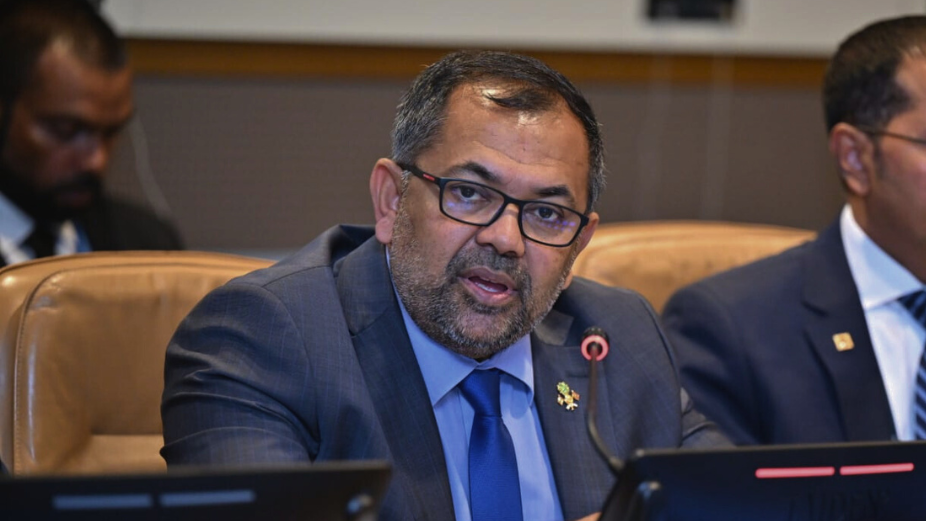
The Maldives’ Finance Minister, Moosa Zameer, has suggested a possible connection between the country’s recent credit rating downgrades and government plans to ban Israeli passports. The remarks come as the Maldives grapples with escalating debt and dwindling foreign reserves.
Speaking at a budget review committee meeting on Thursday, Zameer acknowledged the role domestic politics might play in shaping international perceptions of the country’s financial stability. He pointed to the political discourse surrounding the Israeli passport ban as a factor.
“Since we began talking about banning Israeli passports, we have seen some reactions, including tweets. We know what is happening,” he said, without elaborating further.
Zameer, who also served as Foreign Minister when the Cabinet initially approved the proposed ban, stressed that the move was originally tied to issues surrounding the country’s reserves rather than a direct financial policy.
Credit Downgrade Concerns
The Maldives has faced two significant downgrades this year. In August, Fitch Ratings lowered the country’s credit rating to “CC,” citing mounting concerns about its ability to repay foreign debt. This was followed by Moody’s downgrade to “Caa1” in September, highlighting high credit risks and economic fragility.
Fitch’s report underscored the Maldives’ foreign exchange shortages, which have been worsened by rising public investment and import costs. “This has resulted in persistent US dollar shortages, exerting pressures on the parallel market and reserve buffers,” the report noted.
Moody’s also flagged substantial external debt obligations due in the next 12 to 18 months and warned of a worsening liquidity position without urgent financial assistance. Usable reserves stood at just USD 31.5 million at the end of October, insufficient to cover even one month of essential imports.
Political and Economic Intersection
While Zameer hinted at a link between political discussions and the downgrades, financial analysts argue that the core issue lies in the Maldives’ economic fundamentals. Rising public debt and difficulties in securing external financing have been at the forefront of the downgrades, with international agencies focusing on the structural weaknesses of the economy.
The Parliamentary Committee on Security Services recently extended its review of the proposed Israeli passport ban until February 2025, drawing criticism from opposition parties and citizens for the delay.
The political discourse, combined with financial uncertainty, has raised questions about how closely domestic policies and international perceptions are intertwined, potentially shaping the Maldives’ path in the global financial arena.











